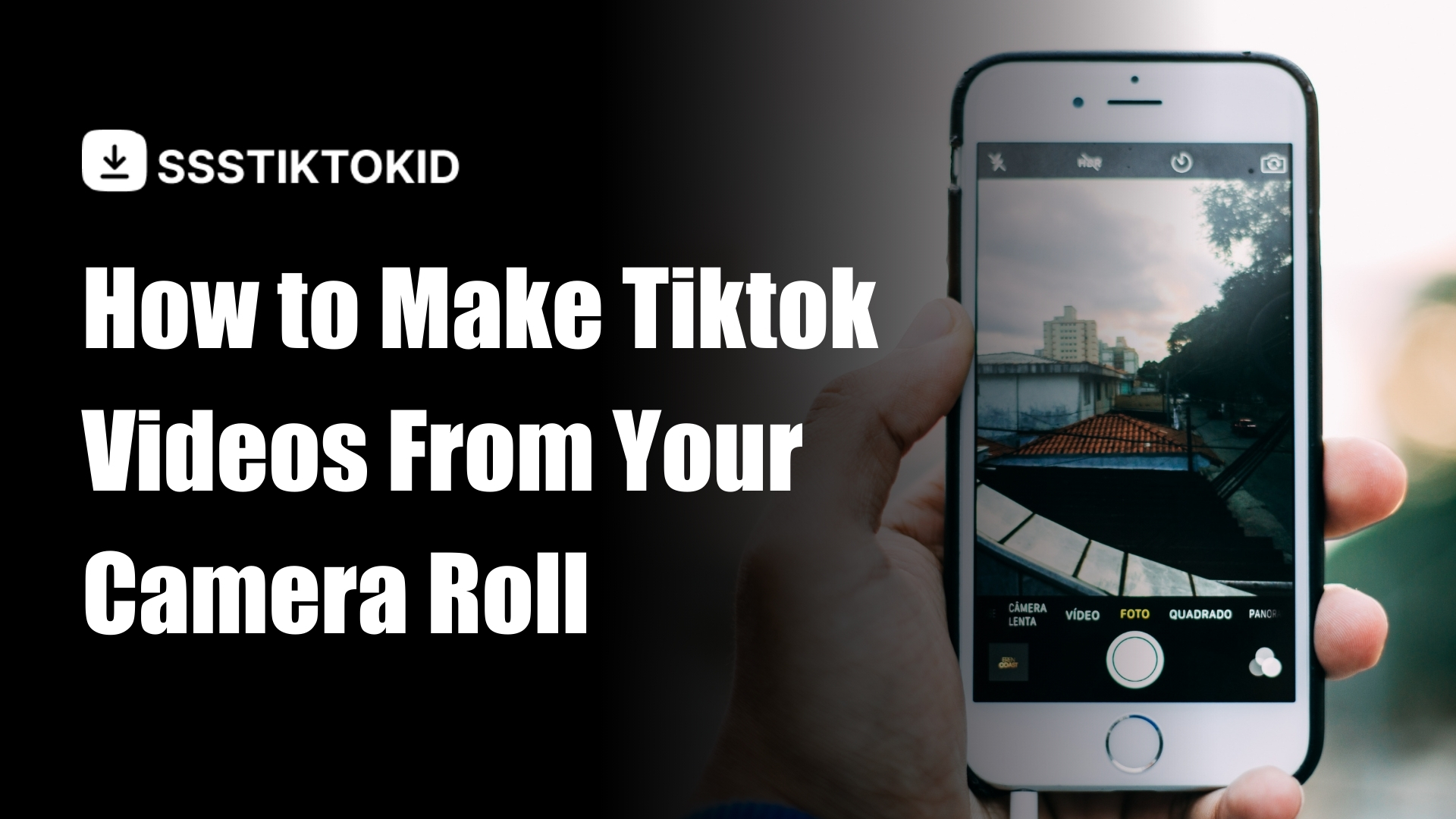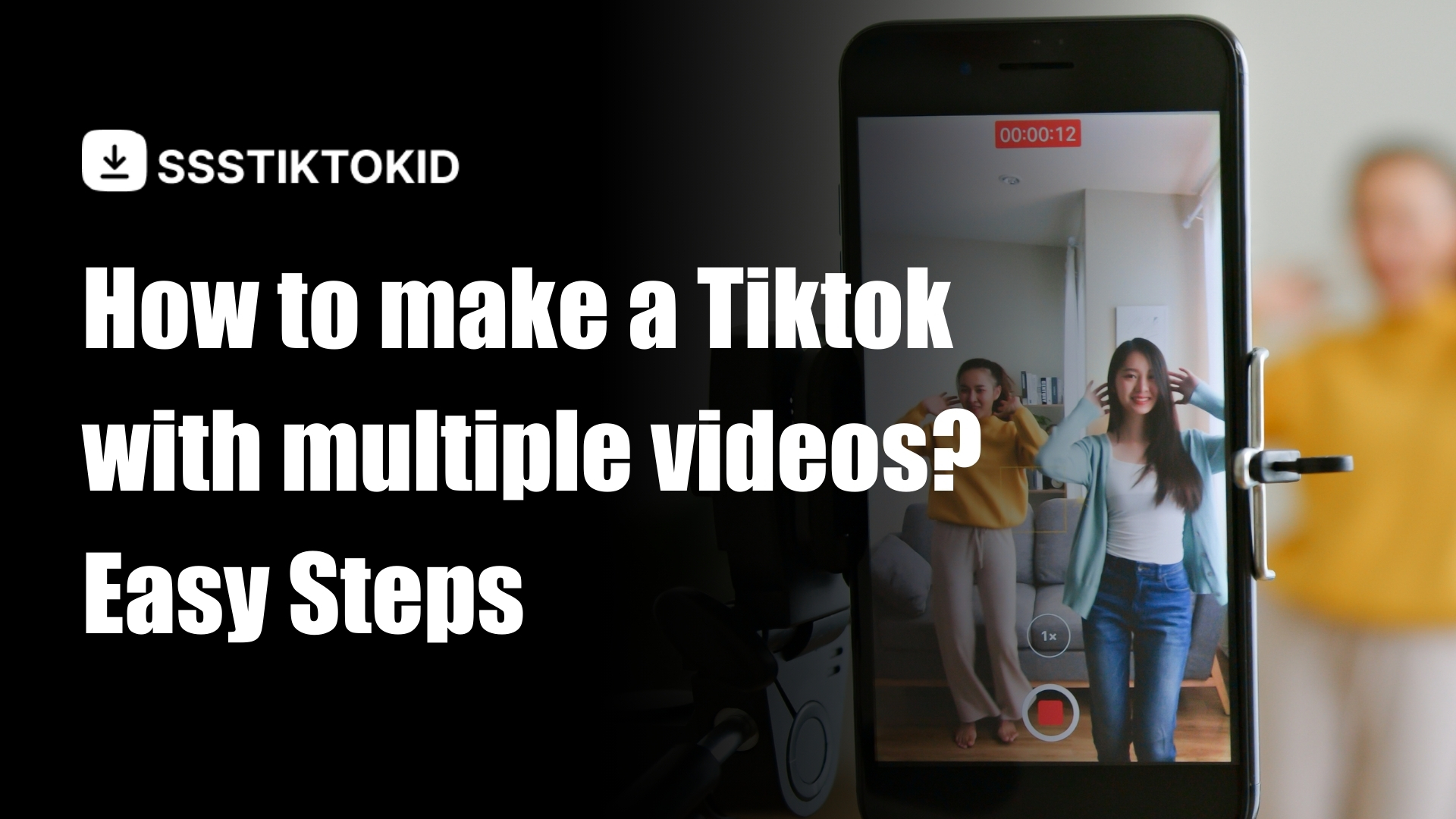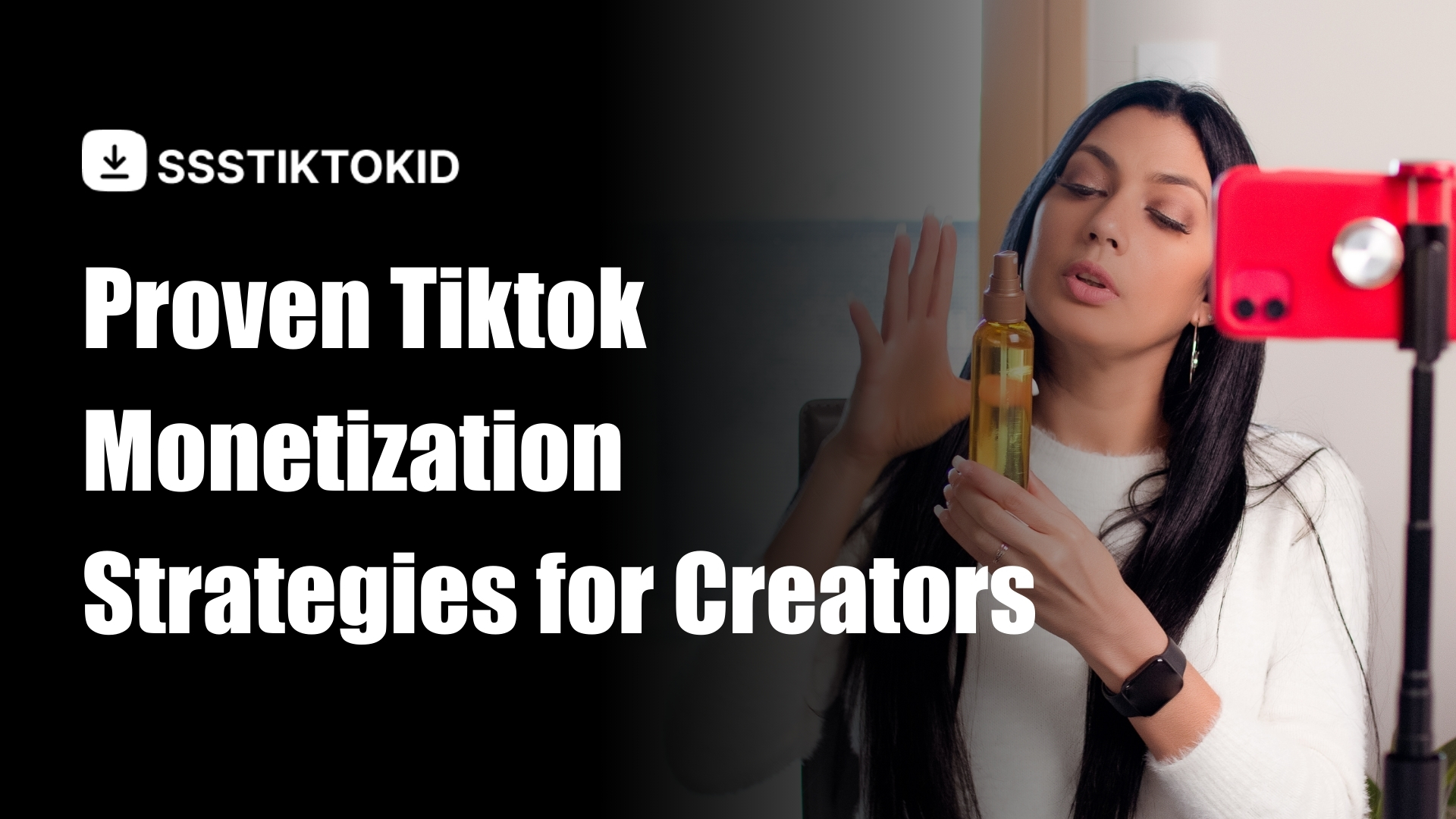TikTok has emerged as a dominant force in social media, enabling users to create and share short videos. With an active user base exceeding 1 billion, it has secured its place among the most popular apps globally. However, concerns about its impact on mental health and cognitive functioning have surfaced.
Some studies suggest that sssTikTok Downloader may foster addiction and contribute to adverse outcomes such as anxiety, depression, and sleep disturbances. Conversely, other research indicates potential benefits, such as fostering creativity and self-expression. This article aims to delve into the research on TikTok’s effects on the brain, exploring both its potential advantages and risks while offering strategies to mitigate its negative impacts.
TikTok’s Popularity and Growth
Launched in China in 2016, TikTok rapidly gained traction worldwide, culminating in over 2 billion downloads in 2020. Its appeal lies in its user-friendly interface, emphasis on short-form video content, and sophisticated algorithm that tailors content recommendations to users’ preferences. Despite accolades for its diversity and inclusivity, criticisms have arisen regarding its addictive qualities, potential for cyberbullying, misinformation dissemination, and data privacy concerns.

TikTok’s Effects on the Brain
TikTok’s influence on the brain manifests in various ways, both beneficial and detrimental. Positive effects include heightened attention span, improved memory, enhanced creativity, and increased social interaction. Conversely, negative consequences may encompass addiction, diminished attention span, heightened anxiety, and depression. However, comprehending TikTok’s full impact necessitates further investigation into its long-term ramifications.
Short-term Effects of TikTok
Short-term TikTok use can engender increased dopamine levels, contributing to pleasure and reward sensations. This, coupled with its brief video format, may lead to reduced attention spans, heightened anxiety, depression, and sleep disturbances due to prolonged screen exposure. Moreover, its addictive nature poses a risk, particularly among susceptible demographics like adolescents and young adults.
Long-term Effects of TikTok
Although ongoing research is underway, preliminary findings suggest potential long-term repercussions of TikTok use. These may include sustained anxiety and depression, compromised attention spans, heightened addiction susceptibility, impaired real-world relationship formation, and exacerbated body image concerns.
Risk Factors for Negative Effects of TikTok
Several factors may exacerbate TikTok’s adverse effects, including age, personality traits predisposing individuals to mental health conditions, excessive usage habits, and other stressors like low self-esteem or cyberbullying experiences.
Mitigating the Negative Effects of TikTok
To mitigate TikTok’s negative impacts, users can adopt various strategies, including limiting usage time, taking breaks, refraining from bedtime usage, following positive accounts, and engaging with the platform mindfully.
Conclusion
While TikTok offers entertainment and creative opportunities, its potential to detrimentally affect mental health and cognitive functioning warrants attention. Awareness of its risks and proactive measures to minimize harm are crucial for safeguarding users’ well-being in the digital age.





